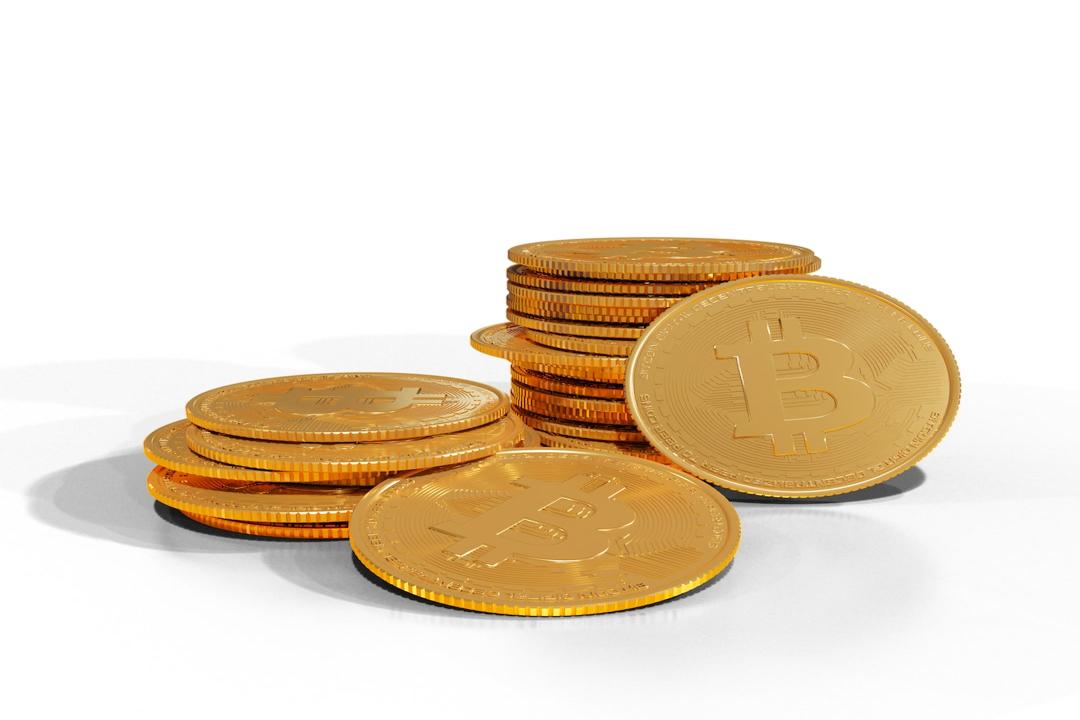Despite the widespread popularity of blockchain technology, Mirror World CEO Chris Zhu has highlighted a significant “lack of infrastructure” for developers looking to create games on Solana. In an interview with Cointelegraph, Zhu pointed out that certain decentralized finance features that are readily available on other blockchains, such as cross-chain swaps and crypto on- and off-ramps, are not easily accessible for Solana gaming developers. He explained that applications like games face challenges in internalizing value on a shared Solana layer that was not specifically designed with a single application in mind. Custom features such as privacy, instant settlements, asset transfer rules, and compliance are lacking on Solana, making it difficult for developers to meet specific requirements.
To address this issue, Solana gaming studio Mirror World Labs recently secured $12 million in its first Series A funding round, led by Bitkraft, Galaxy Interactive, Big Brain Holdings, and others. This funding will support the further development of its gaming rollup, Sonic, which was launched in March. Zhu mentioned that developers have responded positively to Sonic’s technical capabilities, with feedback suggesting the need for the main token liquidity to be on Solana mainnet. To enable this, Mirror World Labs implemented atomic interoperability through the HyperGrid Framework, allowing games to utilize liquidity on the mainnet while processing game logic on Sonic.
Mirror World is currently aiming for a controlled aggregated transaction settlement of 12,000,000 transactions per second on Sonic and HyperGrid, supporting various multiplayer real-time gaming transactions like inventory purchases and quest drops. Zhu highlighted the need to collaborate with Solana validators to prioritize and submit transactions, with investor Galaxy Interactive playing a key role as the largest validator on Solana. Sonic is currently the only software development kit (SDK) available on Solana, with Eclipse focusing on building a Solana Virtual Machine (SVM) layer 2 on Ethereum instead of a Solana-native SDK on its own blockchain. Other competitors like Ronin (Web3 Games) and Redstone (FOCG) are leading gaming chains on Ethereum, but Mirror World aims to attract gaming assets and developers interested in building on the Solana Virtual Machine.
Mirror World believes that while Solana has seen growth in the memecoin boom and decentralized application market, its gaming sector has not experienced similar success. The innovative Sonic protocol could potentially help other developers deploy SVM chains to support their GameFi projects. As Solana’s price slumps to a 45-day low, there is anticipation for a potential bounce at $130.

